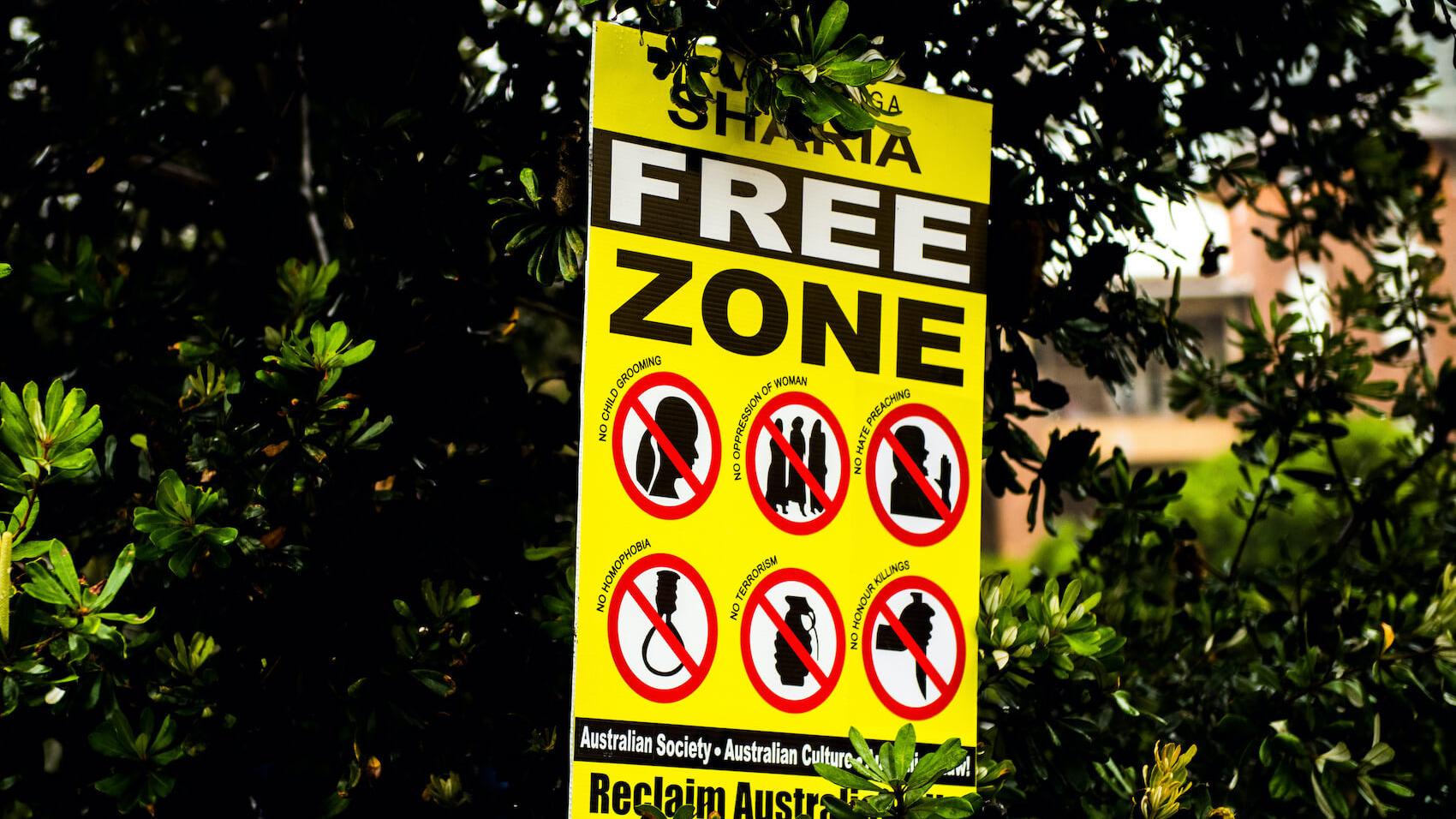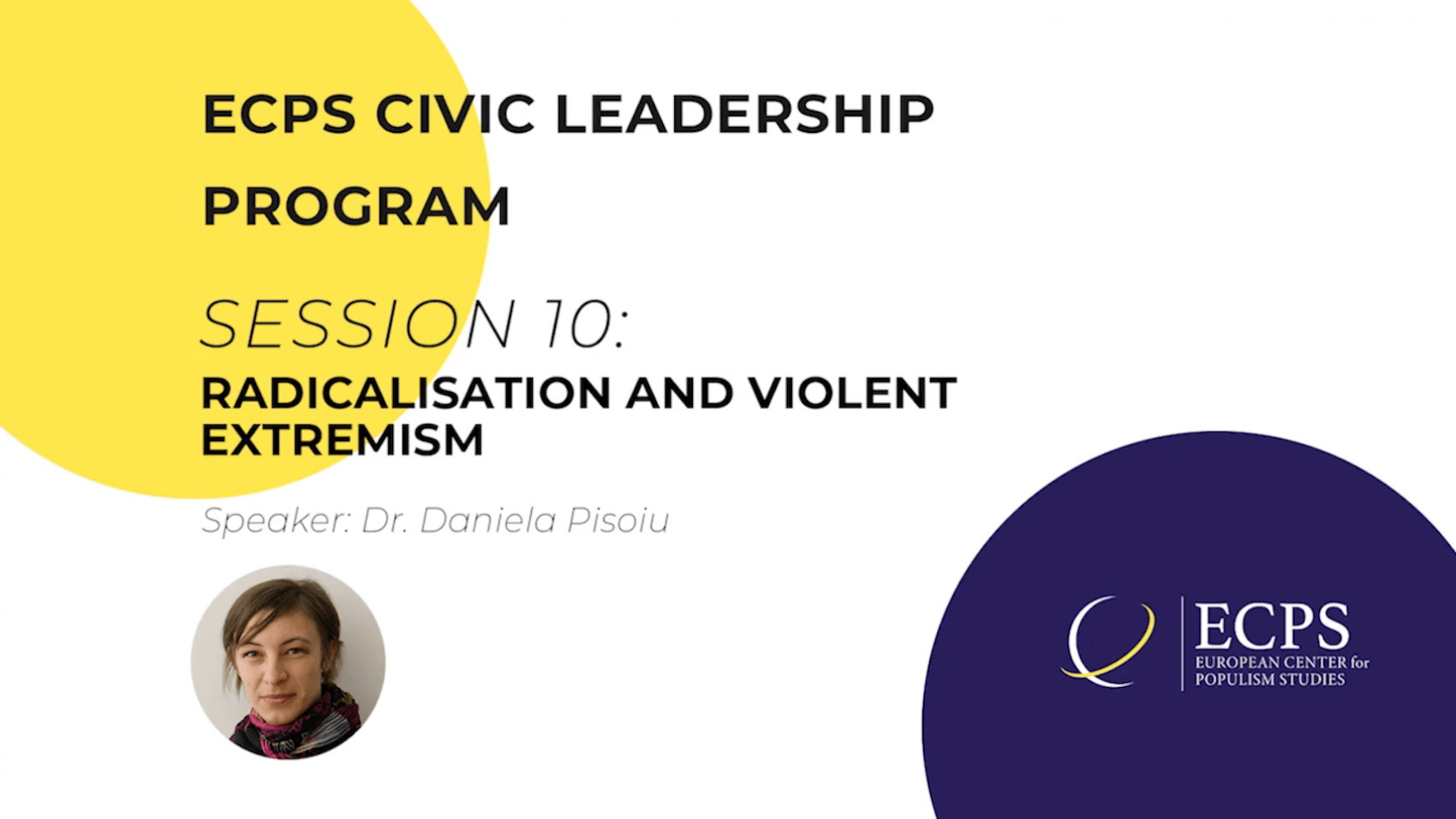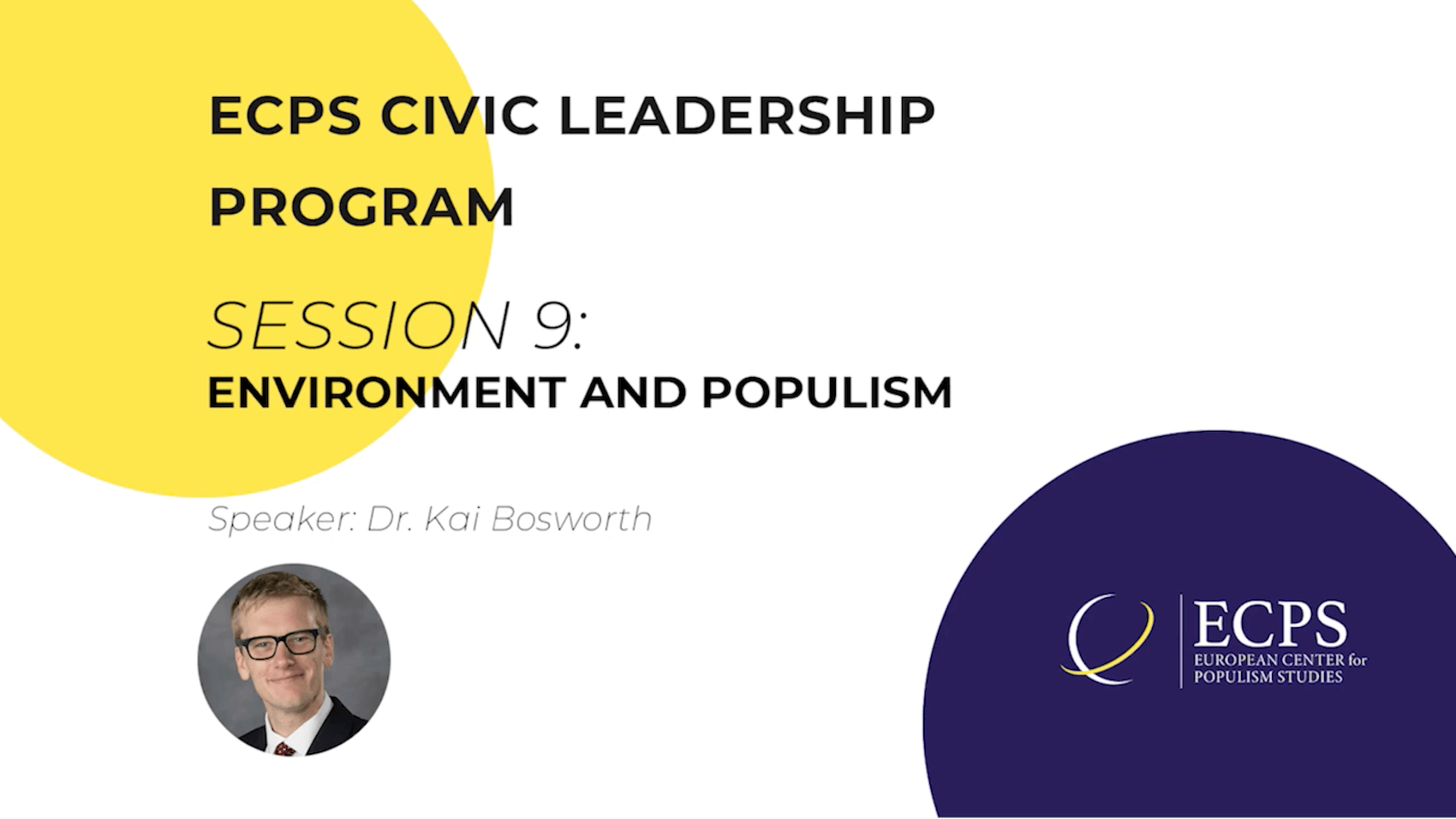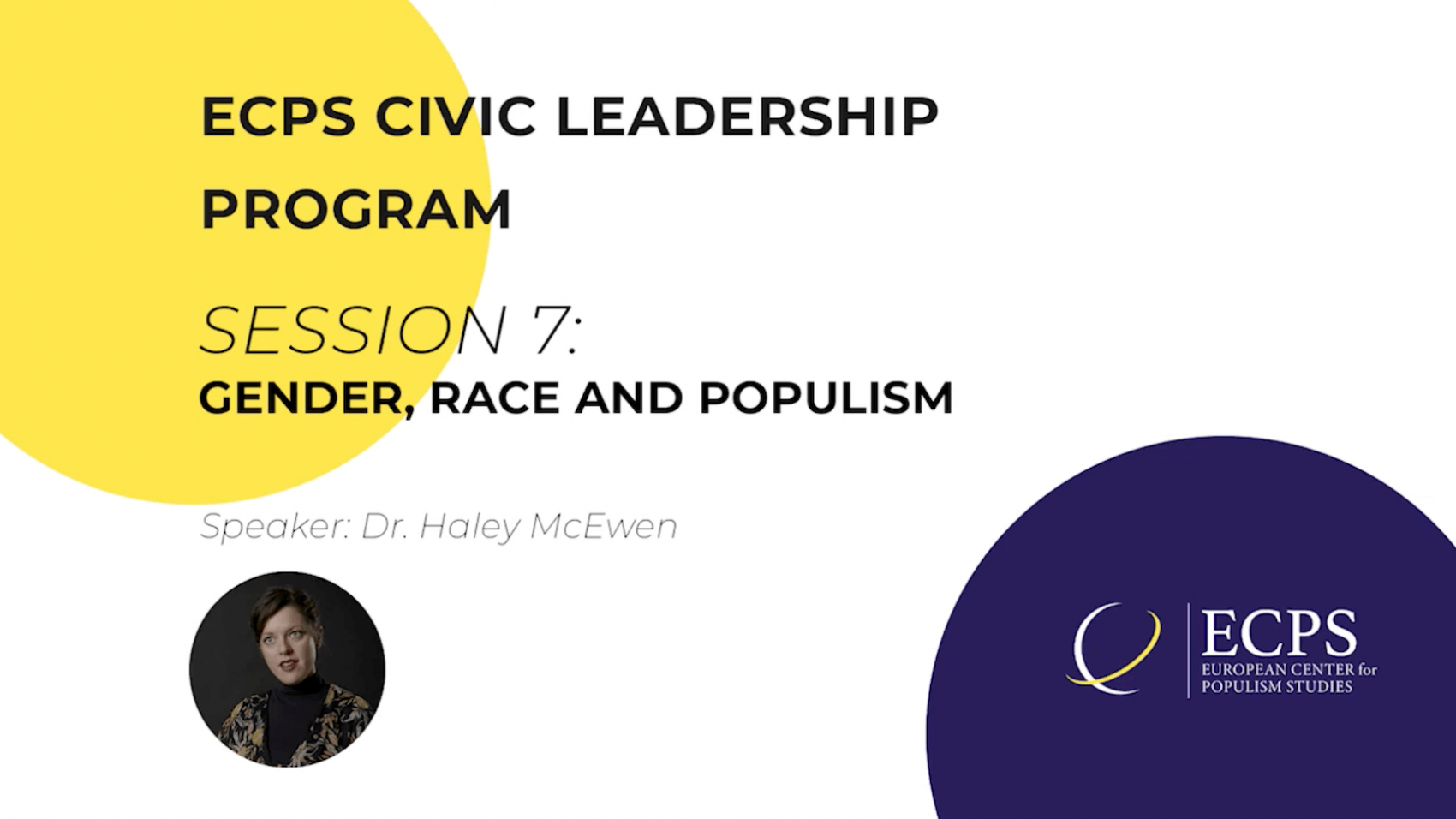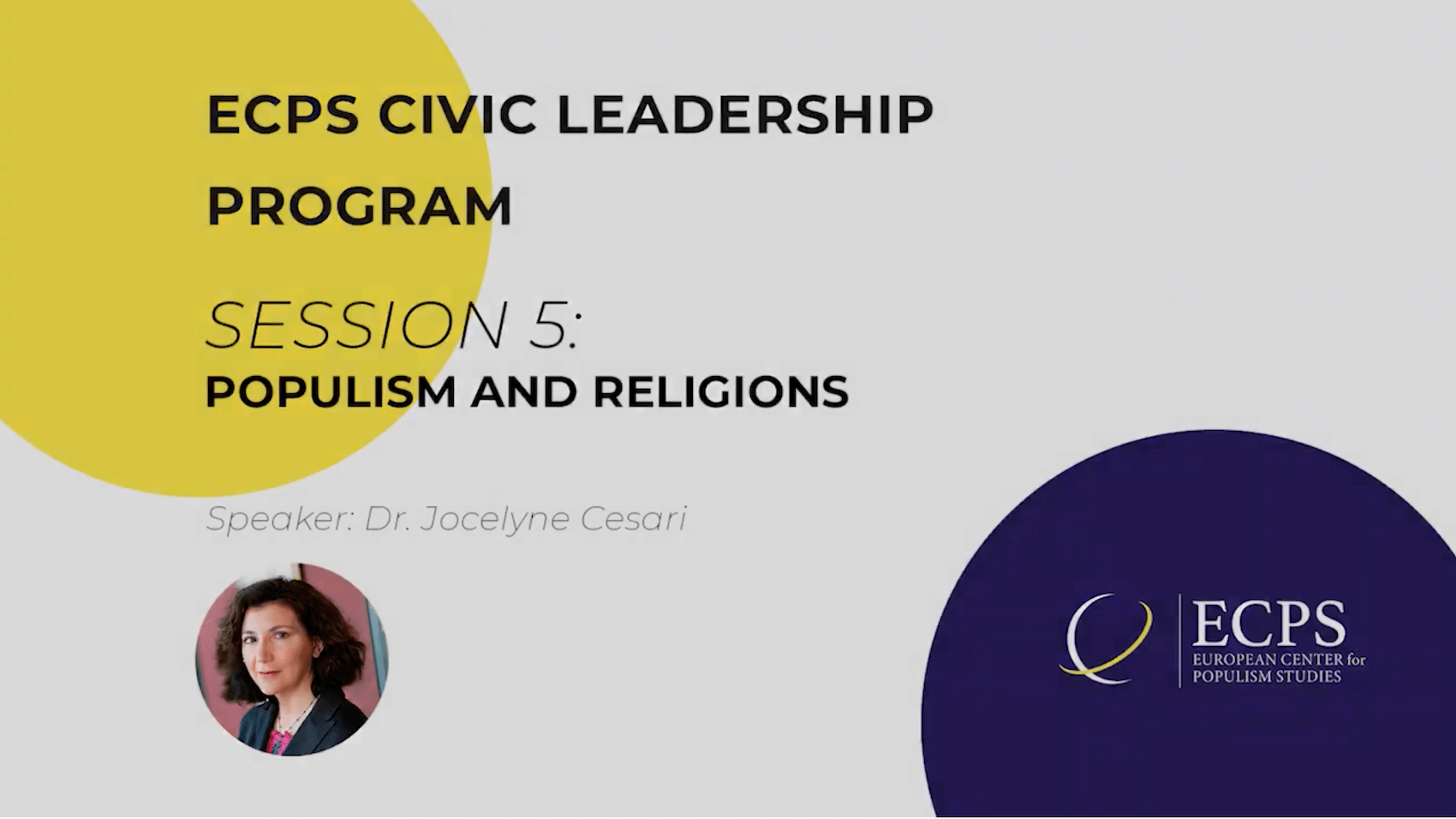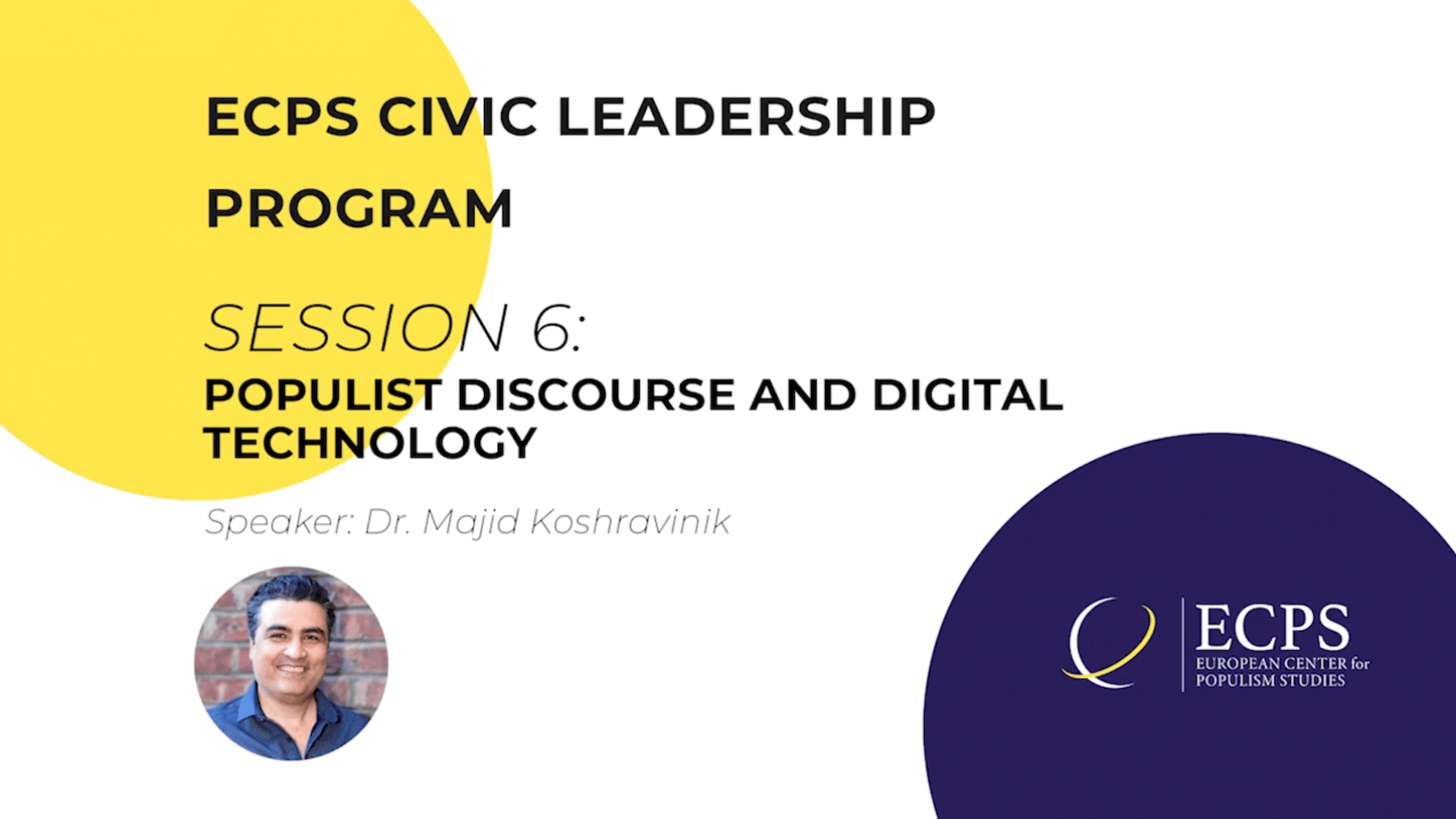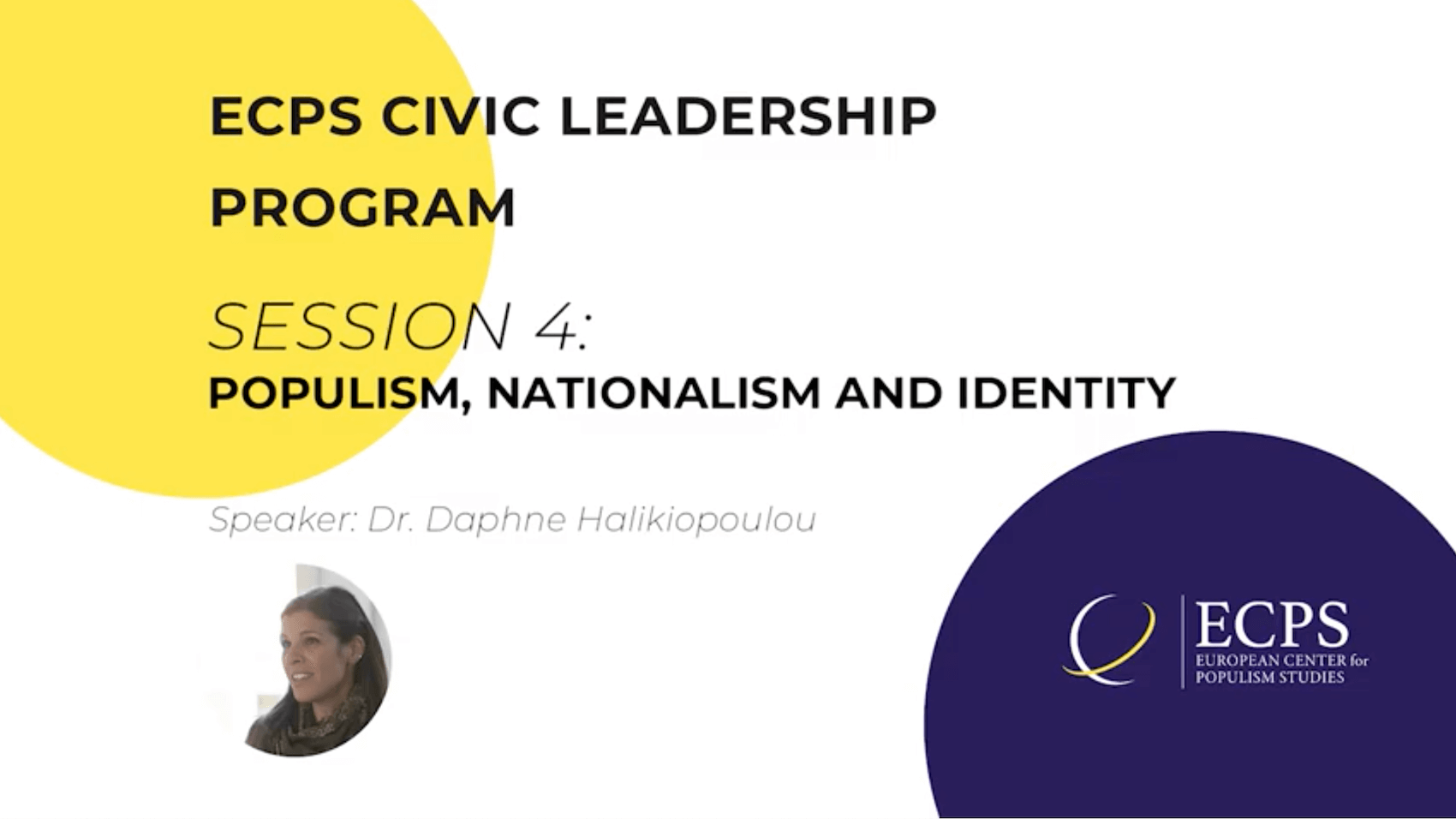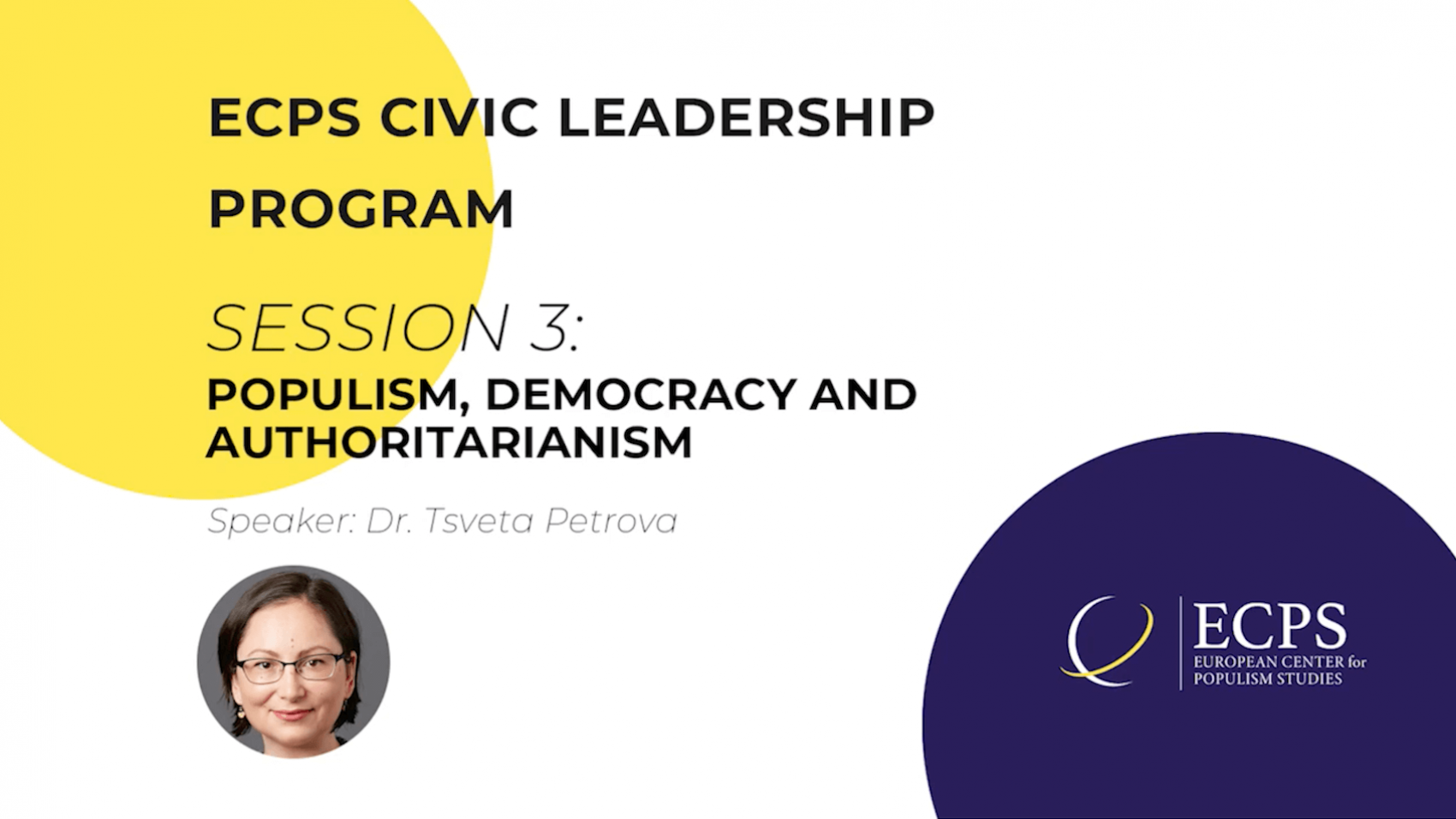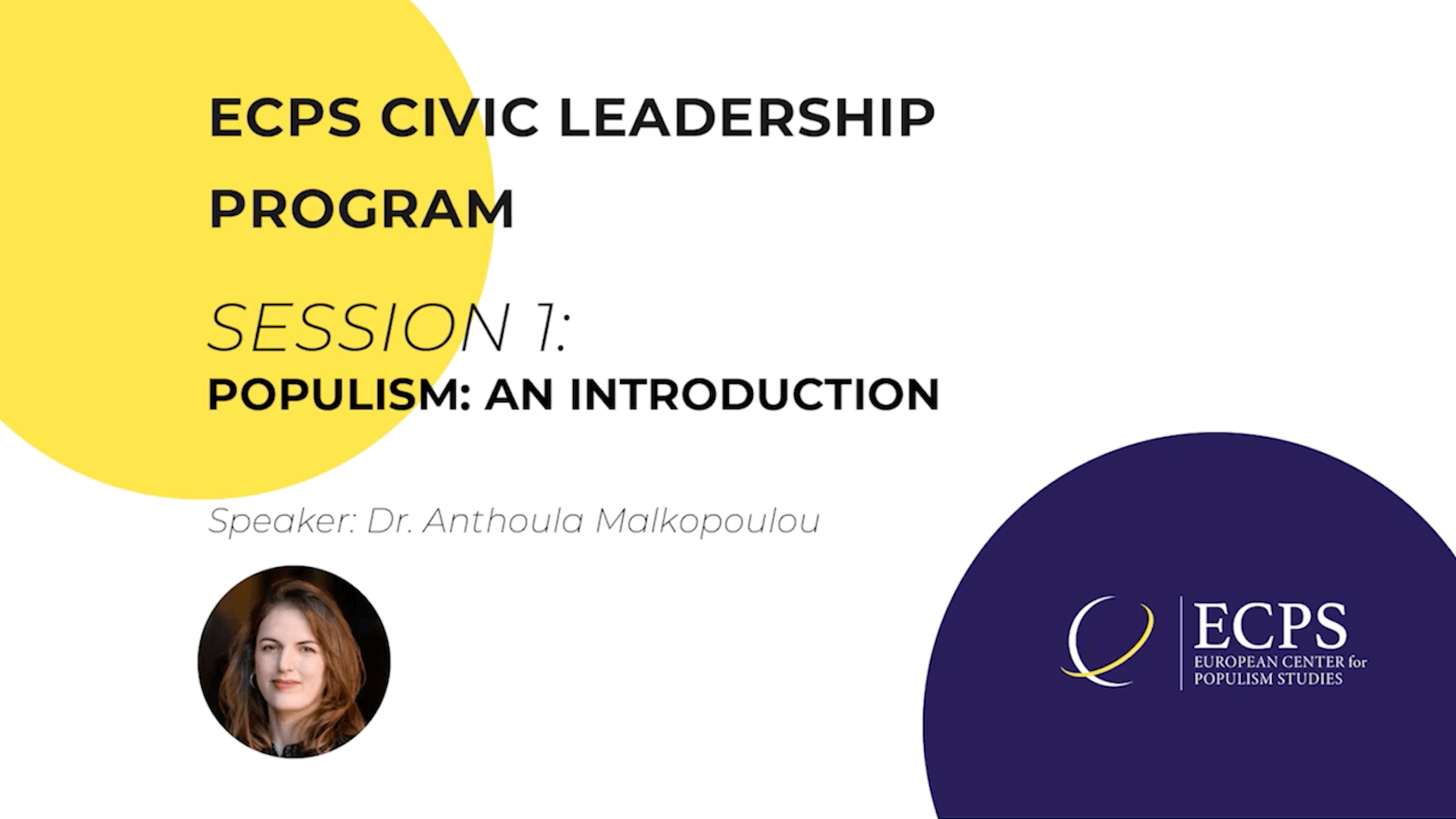Deindustrialization and deeper European integration seem to be two of the several hazardous factors leading to the development of populism in Europe. Considering that neither deindustrialization nor European integration is expected to cease, populism will likely remain on the political spectrum.
By Daniel H. B. Gamez*
This article focuses on two postulates and, making use of extensive literature, tries to shed some light on the reasons for the increase in support of populism in Europe. The first postulate is that if industrialization in Europe has brought democracy support and stability, then, deindustrialization could contribute to the rise of populism and political instability. This postulate rests on modernization theory, which suggests a causal relationship between economic development and democratization (Liñán, 2017).
The second postulate has to do with political internationalization and deeper European integration, considering that many populist movements have opposed the European Union (EU) (Rodrik, 2020). In other words, the more we advance in economic and political international integration, the more vertical leadership and less direct democratic control are required, and the more likely populism will emerge.
Deindustrialization and international integration are two fundamental issues for democracy and stability in the EU. Because both are currently threatened by populism, the importance of these themes as an object of study becomes all the more significant.
Discussion
The first postulate of this research article rests on the modernization theory, which suggests that “a gradual differentiation and specialization of social structures that culminates in a separation of political structures from other structures makes democracy possible” (Przeworski & Limongi, 1997). In other words, progresses in several areas such as industrialization, education, communication, mobilization, and the like, prepares society for democracy (Przeworski & Limongi, 1997). However, the assumption here is not that those countries that become economically rich will become political democracies. Rather, that economic development and industrialization are crucial to maintaining democratic support among the population, provided they have already achieved democracy.
As a matter of fact, Przeworski and Limongi have demonstrated that per capita income is a good indicator of democratic stability (Przeworski & Limongi, 1997). This is partly because the richer a country becomes, the more it is likely to invest in the education of its citizens, and more educated people are more likely to develop democratic values (Przeworski & Limongi, 1997). Moreover, poor countries that have established democracy are more likely to slide back into authoritarianism than those who have reached a certain threshold of per capita income, after which the chances of democratic survival grow significantly (Przeworski & Limongi, 1997). However, they also found out that the economic crisis remains the most common threat to democratic stability, and that democracies, particularly poor ones with weak institutions, are extremely vulnerable to bad economic performance (Przeworski & Limongi, 1997).
Moreover, over the last two centuries, industrialization has significantly reduced economic inequality and boosted political liberalization (Boix, 2015: 264). Society has also become healthier and, thus, life expectancy at birth has increased considerably (Boix, 2015: 264). Research suggests that it was industrialization along with liberalism that has “contributed to the gradual democratization of European politics, but that neither would have been sufficient by itself,” (Congleton, 2004). Support for democracy has remained remarkably stable throughout the EU. This lends credence to the notion that industrialized countries with established democratic institutions are more likely to maintain support for liberal democracy (Congleton, 2004).
Nevertheless, considering that there is already a deindustrialization process underway in certain parts of Europe, it is crucial to understand precisely what role industrialization plays in developing support for democracy in the first place. Researchers such as van Noort suggest that industrialization is central to the institutionalization of liberal democracy; it seems that a large industrial workforce tends to induce democracy (van Noort, 2020).
However, deindustrialization expands the share of the service sector in the economy. This and other factors consequently disrupt political stability. For instance, economies dominated by services face either increasing low-wage employment or a high level of unemployment (Hahn & Kodó, 2017). Yet, as the service sector increases in size, trade unions, which have long supported democracy, see their influence reduced (Rowthorn & Ramaswamy, 1997). Moreover, if there is a loss of bargaining power in a fast-paced environment led by technological change, it becomes almost impossible for the unions to negotiate wages on reasonable terms (Rowthorn & Ramaswamy, 1997).
In other words, the protection offered through collective bargaining is not available through the market. Consequently, the greater the coverage of this social protection, the fewer the risks of inequality and economic crises on workers (Keune, 2015).
Interestingly, Kaltwasser and van Hauwaert’s research on the populist citizen shows that citizens are more populist in Latin America (significant inequality and weak democratic institutions) than in Europe (Rovira Kaltwasser & van Hauwaert, 2020). Moreover, European citizens do not have a strong belief that the world can be divided into a binary of “good” people versus “corrupt” elites (Rovira Kaltwasser & Van Hauwaert, 2020). Instead, while being very interested in politics, they are rather indifferent to political parties (Rovira Kaltwasser & Van Hauwaert, 2020). Additionally, populist supporters prefer democracy over any other form of government. Their decision to look for populist parties indicates that there is a significant dissatisfaction with the current way democracy is currently functioning in Europe (Rovira Kaltwasser & Van Hauwaert, 2020).
In sum, we see theoretically that deindustrialization and automatization produce a relative expansion in the scope of the service sector, which due to several correlated factors, such as economic grievances, provokes political turmoil in turn. Having established this, we can now observe empirical cases of five countries to test these assumptions.
France
Although populism in France has been present since World War II (Ivaldi, 2019), the actors have changed, and so have their demands. Nowadays, two parties dominate the populist scene in France, namely the Front National (FN) and La France Insoumise (LFI) (Ivaldi, 2019).
Regarding the FN, it can be said to be the typical radical right-wing populism. Its leader Marine Le Pen claims that the party authentically represents the will of the people and fight for France’s freedom from globalization and the EU (Ivaldi, 2019). On the other hand, the LFI’s leader Mélenchon adopts a discourse and ideology that presents the left as an alternative to the neoliberal hegemony (Ivaldi, 2019).
Both populist parties argue against economic globalization and neoliberal capitalism. They oppose capitalist elites and financial institutions. Furthermore, both parties try to gain Eurosceptic voters (Ivaldi, 2019). For instance, the FN discourse describes the EU as a totalitarian prison that impedes the expression of the genuine will of the French people, especially when it comes to immigration and the control of borders (Ivaldi, 2019). On the other hand, LFI’s Euroscepticism is driven mainly by economic concerns and a desire to support those left behind by globalization.
Ivaldi’s research has shown that the rise of populist parties in France has been fueled by economic instability, inequality, and the electorate’s discontent with mainstream politics. Moreover, the data shows that young people that vote for FN favor authoritarianism and that the probability of voting for Le Pen decreases with age (Ivaldi, 2019). Lastly, young people that have a strong democratic ideology are more likely to vote for Mélenchon. Her research also shows that people with higher education are also less likely to support FN (Halikiopoulou, 2020). This corroborates what has been mentioned above concerning the modernization theory- namely more educated people are more likely to develop democratic values.
Greece
Greece has also seen a rise in left- and right-wing populism in recent years. However, when we look closer at the data from the 2015 election, we can see a significant decline in support for the mainstream parties (New Democracy or ND and Pasok), the triumph of the radical left Syriza, and the far-right Golden Dawn entering parliament for the first time.
This shows that the electorate wanted to punish mainstream parties for their failure to manage the effects of the crises(Halikiopoulou, 2020). In fact, the following election in 2019 saw the defeat of Syriza to mainstream party ND (Halikiopoulou, 2020).
Halikiopoulou has also shown that the reasons for the rise of Syriza are the prevalent inequality, austerity measures, and the challenging economic conditions affecting the working class (Halikiopoulou, 2020). Despite the support for the far-right group, it can be observed that most of the Greeks preferred a more democratic approach as an alternative to mainstream politics. Similarly, Golden Dawn’s presence also shows that a violent and authoritarian populism can emerge where there are weak democratic institutions (Halikiopoulou, 2020). As stated before, established democratic institutions are essential to maintain support for liberal democracy.
Italy
Since 2000, Italy has borne witness to the rise of the anti-establishment Five-Star Movement (M5S) and the right-wing populist Lega party (formerly Lega Nord or the Northern League). The study of the last elections clearly shows that as greater inequality goes along with lower participation in the election, the dissatisfied and undecided voters are crucially targeted by populist parties (Pianta, 2020).
This is possible because, in recent decades, income inequality has been bringing with it disaffection with politics in general and, thus, mainstream political parties (Pianta, 2020). Moreover, the adoption of policies that protect the wealth of the higher classes while harming the working class has also impacted the political landscape (Pianta, 2020). Cleverly, the League abandoned its regionalism stance to adopt a more state-wide anti-Europe and anti-elite attitude to win the unsatisfied (Vampa, 2020).
Finally, the case of Italy shows that income and wealth inequality can have significant political consequences (Pianta, 2020). That is why events such as the widening of the service sector, which favors the better educated classes and the decline in the industrial workforce due to deindustrialization are so significant.
Spain
The rise of Podemos in Spain offers a practical example of populism as a discursive logic rather than as an ideological formation (Zarzalejos, 2016). Apart from that, Zarzalejos identifies the existence in Spain of factors that benefit populism, namely, inequality, high unemployment, declining middle- and working class, and shrinking incomes. Similarly, the financial crisis and the highly public corruption cases have aggravated the already weak trust of the people in mainstream politics (Zarzalejos, 2016).
Furthermore, as Podemos established itself, VOX, a far-right populist party, started to make gains with the electorate. Research into the April 2019 Spanish election shows that Podemos was more successful in provinces characterized by levels of deprivation and big cities, as well as those with an independent ideology (Vampa, 2020). In contrast, VOX succeeded where there was economic difficulty and a lack of independent ideological discourse (e.g., Murcia region) (Vampa, 2020). Considering that Podemos joined the Socialist Party to form a government after the elections, it can be observed that the Podemos vote came largely from voters seeking a bottom-up approach as an alternative to neoliberalism.
The United Kingdom
Analyzing the United Kingdom local elections in 2016 and the general election in 2017, it can be observed that the UK Independence Party (UKIP), a Eurosceptic and right-wing populist party, helped the conservatives to victory by splitting the opposition vote. This forced the incumbent prime minister, David Cameron, to make good on his promise to hold a referendum on EU membership (Fetzer, 2020).
Although much has been researched on the misleading and deceiving “Leave” campaign promises, it is important to consider that the UKIP party managed to convince working-age adults to vote for it to protest mainstream politics (Fetzer, 2020), especially around the issues of wages and working conditions, and of course, migration.
Fetzer claims that Brexit is a product of the specific features of British economic and political history but also adds that the erosion of unionization and collective bargaining, precarious employment, unemployment, and weaker employment protections were also relevant (Fetzer, 2020). These, it should be noted, are all effects of the process of deindustrialization and automatization.
| Countries where populism has had electoral relevance |
Rise of inequality | Decrease in wages | Disappointment with traditional parties | Support for Democracy of populist electorate | Support for authoritarianism of populist electorate | Ruling party or part of coalition government |
| France | ✓ | ✓ | ✓ | ✓ | ✓ | ✘ |
| Greece | ✓ | ✓ | ✓ | ✓ | ✘ | ✓ |
| Italy | ✓ | ✓ | ✓ | ✓ | ✘ | ✓ |
| Spain | ✓ | ✓ | ✓ | ✓ | ✘ | ✓ |
| UK | ✓ | ✓ | ✓ | ✓ | ✘ | ✘ |
These five European countries have served as empirical examples to test the postulates that deindustrialization fosters populism. The analysis shows that by generating economic grievances, especially in the middle and working class, deindustrialization has significantly contributed to the rise of populism in Europe. Indeed, inequality, loss of wages, de-unionization, automatization, precarious employment, mistrust, and dissatisfaction are among the effects of deindustrialization that have pushed electorates to vote for populist alternatives.
Moreover, Vlandas and Halikiopoulou have shown that social policies can reduce support for the far-right among those exposed to social vulnerability. In other words, it is not only absolute impoverishment that drives people to turn to populism but also the perception of economic decline (Vlandas, & Halikiopoulou, 2021). Nevertheless, the government has the tools to shape political outcomes by addressing the right social policies (Vlandas, & Halikiopoulou, 2021). Similarly, Boix (2019) argues that while deindustrialization, automatization and technological change are inevitable, voters and governments can step in to apply policies that offer transfers to those left behind or permanently unemployed. Again, democratic institutions and elections enable voters to impose high-tax transfers to the affected groups (Boix, 2019).
In sum, the rise of populism is not so much due to citizens having populist attitudes, but rather to the loss of collective bargaining (social protection) resulting from deindustrialization.
However, let us consider the second postulate-namely, that the increase in international political integration, (i.e., deeper European integration) is partly driving citizens’ dissatisfaction with democracy, leading them to populist alternatives.
Mesežnikov et al. (2008) suggest that there is a falling trust toward liberal parties across Europe, with such parties consistently losing vote share over time. However, when populist parties and leaders are seen as a real threat, liberal parties manage to mobilize more voters (Mesežnikov et al., 2008).
This sheds light on several challenges regarding responsiveness and responsibility uncovered by Mair (2009) -namely, governments are finding it increasingly challenging to be both responsive to voters and persuade them to back their policies. Subsequently, much of public policy today is delegated to state agencies and institutions, which constrains the responsiveness of governments (Mair, 2009). This problem is destined to increase given the integration within the EU and the internationalization of policy parameters (Mair, 2009).
Strøm has pointed out that these constraints can even obstruct representative politics because international parameters (e.g., the UN, the EU, etc.) either prohibit certain forms of agency or force behavior that otherwise would not have been freely chosen (Mair, 2009). Moreover, governments are limited by prior policy commitments, which can be enshrined in national legislation or international treaties.
It is in this context of constraints to deliver solutions that populist parties have influence. Populism tries to occupy the vacuum left by traditional parties unable to provide adequate responses (Rovira Kaltwasser, 2012). Kaltwasser and Van Hauwaert (2020) show that citizens in Europe want to both express their dissatisfaction, and impact decision-making albeit without upending democracy. That means that this current gap between policies, democratic ideals, and their implementation eventually strengthen the rise of populist ideas and influence (Rovira Kaltwasser & Van Hauwaert, 2020).
At this stage, it can be observed that government constraints prevent citizens’ satisfaction and their impact on decision-making. The increasing European integration is working at the cost of the popular will. Rather often, official bodies ratify proposals made by public bureaucracies after these have been discussed with representatives of organized interests without the engagement of the average citizen (Rovira Kaltwasser, 2012).
As Dahl had already explained, the shift from city-states to nation-states meant fewer participatory opportunities in the decision-making for engaged citizens (Dahl, 1992: 271). Similarly, by shifting from nation-states to member states, parties have become less representative of the societies. Conversely, they now rely on regional integration as their source of legitimacy and authority (Bickerton et al., 2015).
As a result, policies are justified in terms of European obligations (Bickerton et al., 2015). Thus, to rule in Europe is to rule through transnational networks of governance. It could be said, therefore, that in Europe, bureaucracies external to the state intervene and assist societies (Bickerton et al., 2015). Consequently, to mobilize against national governments equals to mobilize against Europe. It is in these terms that the rise of Euroscepticism and anti-Europe populist parties can be understood (Mair, 2009). Moreover, by placing their legitimacy on regional integration rather than national sovereignty and citizen participation, nation-states in Europe are challenging the basic notions of democracy. In other words, political internationalization reduces citizen participation and influence in the political process (Lavenex, 2013: 108) and, consequently, undermines state institutions, political accountability, and the like.
Despite the horizontal intergovernmental organization of the EU, where power and authority are established in their relations with one another (Bickerton et al., 2015), there is a great deal of power delegation which increases the verticality between EU states, institutions, and ordinary citizens. Importantly, democratic institutions should prevent the delegation from becoming a total and permanent alienation of control from the electorate (Lavenex, 2013: 133). However, this is what is happening, and this helps explain the growing gap between what citizens want their government to do and what the government can do, given constraints (Mair, 2009: 17).
In all the empirical examples mentioned above, populists have targeted dissatisfied voters with mainstream politics and the EU. For instance, the discourse of Greece’s Syriza emphasized a policy of ending the impositions of the EU and the IMF (i.e., the Troika) to carry out the will of the Greek citizens (Henley, 2015). Thus, Syriza carried out a campaign with different electorates and demands, yet, with a common enemy: the EU. Similarly, Spain’s Podemos came to prominence in 2014, adopting a discourse against the EU’s top-down fiscal rules and in favor of an open government where people can take direct control of major governmental decisions (BBC News, 2015). and more fiscal national sovereignty from the EU (Kadner, 2014).
Conclusion
In the light of what has been argued before regarding the initial two postulates, deindustrialization and deeper European integration seem to be two of the several hazardous factors leading to the development of populism in Europe.
On the one hand, deindustrialization disrupts political stability and harms the middle and working classes. On the other hand, since the political and economic crisis of the 1970s, post-war Keynesian cooperation between business and labor was increasingly abandoned in favor of a neoliberal structural adjustment, thus, weakening national constraints (Bickerton et al., 2015). In doing so, citizens were taken away the promised protection from capitalism’s dangerous consequences that enabled in the past, democracy to flourish (Berman & Snegovaya, 2019).
Furthermore, as political parties become more integrated into Europe, they become less connected to civil society, which questions their authority as they are not able to fulfill their demands satisfactorily. This situation explains the rise of populism as a democratic alternative to either punish traditional parties or avoid liberal solutions.
Finally, this essay’s findings suggest that both deindustrialization and European integration are interconnected when it comes to the development and rise of populism. Not only is deindustrialization caused by the advancement of the economy but also by international economic integration, trade openness, industrial relocation, and the financialization of the economy (Araujo et al., 2021). All these factors have been generated by deeper European political cohesion. Therefore, considering that neither deindustrialization nor European integration is expected to cease, populism will likely remain on the political spectrum.
Daniel H. B. Gamez is a final-year student enrolled in a bachelor’s degree program in Latin American Studies at Stockholm University, Sweden. As an undergraduate, he has developed research interests in political stability and social movements within Latin America and Europe. Being an active student involved with his university, he is editor-in-chief of the Stockholm Journal of International Affairs, a student magazine of the Stockholm Association of International Affairs (UF Stockholm or SAIA). Previously, he has been vice-president of the student council and student representative at the Department of Humanities at Stockholm University.
References
— (2015). “Podemos: Spain anti-austerity party banging on doors of power.” BBC News. December 21, 2015. https://www.bbc.com/news/world-europe-35150771 (accessed on September 22, 2021).
Araujo, Elisangela; Araujo, Eliane; Peres, S. C. & Punzo, L. F. (2021). “An Investigation into Shapes and Determinants of Deindustrialization Processes: Theory and Evidence for Developed and Developing Countries (1970–2017).” Economia.March 9, 2021. https://doi.org/10.1016/j.econ.2021.03.001.
Berman, S. & Snegovaya, M. (2019). “Populism and the Decline of Social Democracy.” Journal of Democracy. 30, 5–19.
Bickerton, C. J.; Hodson, D. & Puetter, U. (2015). The New Intergovernmentalism. States, Supranational Actors, and European Politics in the post-Maastricht Era. (Oxford, UK: Oxford University Press).
Boix, C. (2015). Political Order and Inequality (Cambridge: Cambridge University Press), p. 264.
Boix, C. (2019). Democratic Capitalism at the Crossroads (Princeton, NJ: Princeton University Press), 202.
Congleton, R.D. (2004). “Economic Development and Democracy: Does Industrialization Lead to Universal Suffrage?” Homo Economicus. 21, 283–311.
Dahl, R. (1992). La democracia y sus críticos (Barcelona: Paidós).
Fetzer, T. (2020). “Austerity and Brexit.” Intereconomics: Review of European Economic Policy. 55:1, 27–33.
Hahn, I. & Kodó, K. (2017). Service Economy as a Threat to Social Sustainability. Sweden: Halmstad University.
Halikiopoulou, D. (2020). “Economic Crisis, Poor Governance and the Rise of Populism: The Case of Greece”. Intereconomics: Review of European Economic Policy. 55:1, 34-37.
Henley, J. (2015). “Greece elections: anti-austerity Syriza party sweeps to stunning victory.” The Guardian. January 26, 2015. https://www.theguardian.com/world/2015/jan/25/greece-election-vote-austerity-leftwing-syriza-eu (accessed on September 21, 2021).
Ivaldi G. (2019). “Populism in France.” In: Populism Around the World. Edited by D. Stockemer (Cham, Switzerland: Springer), 27-47.
Kadner, M. (2014). “Pablo Iglesias: Lo que tenemos claro es que este euro no sirve.” El País. May 23, 2014. https://elpais.com/politica/2014/05/23/actualidad/1400863156_284091.html (accessed on September 22, 2021).
Keune, M. (2015). “The Effects of the EU’s Assault on Collective Bargaining: Less Governance Capacity and More Inequality.” European Review of Labour and Research. 21:4, 477-483. DOI: 10.1177/1024258915603571
Lavenex, S. (2013). “Globalization and the Vertical Challenge to Democracy.” In: Democracy in the Age of Globalization and Mediatization. Edited by H-P Kriesi et. al. (Oxford: Palgrave Macmillan), 105–134.
Mair, P. (2009). Representative versus Responsible Government. MPIfG Working Paper 09/8 (Cologne: Max Planck Institute for the Study of Societies), 13.
Mesežnikov, G.; Gyárfášova, O. & Smilov, D. (2008). Populist Politics and Liberal Democracy in Central and Eastern Europe (Bratislava: Institute for Public Affairs). http://pdc.ceu.hu/archive/00004891/01/1214822685__populist_politics.pdf
Pérez Liñán, Anibal. (2017). “¿Podrá la democracia sobrevivir al siglo XXI?”. Nueva Sociedad. 267, pp. 35–45.
Pianta, M. (2020). “Italy’s Political Upheaval and the Consequences of Inequality.” Intereconomics: Review of European Economic Policy. 55:1, 13–17.
Przeworski, A. & Limongi, F. (1997). “Modernization: Theories and Facts.” World Politics. 49:2, pp. 155–83.
Rodrik, D. (2020). “Why Does Globalization Fuel Populism? Economics, Culture, and the Rise of Right-Wing Populism.” National Bureau of Economic Research Paper. 27526.
Rovira Kaltwasser, C. (2012). “The Ambivalence of Populism: Threat and Corrective for Democracy.” Democratization.19:2, 190. http://doi.10.1080/13510347.2011.572619.
Rovira Kaltwasser, C. & Van Hauwaert, S. M. (2020). “The Populist Citizen: Empirical Evidence from Europe and Latin America.” European Political Science Review. 12:1, 1–18, http://doi.10.1017/S1755773919000262.
Rowthorn, R. & Ramaswamy, R. (1997). “Deindustrialization – Its Causes and Implications.” Economic Issues. No. 10. (Washington, DC: International Monetary Fund).
Vampa, D. (2020). “Competing Forms of Populism and Territorial Politics: The Cases of Vox and Podemos in Spain.” Journal of Contemporary European Studies. 28:3, 304–321, https://doi.org/10.1080/14782804.
2020.1727866
Van Noort, S. (2020). Industrialization and Democracy. SSRN Working Paper, http://dx.doi.org/10.2139/ssrn.3693044
Vlandas, T. & Halikiopoulou, D. (2021). “Welfare State Policies and Far-right Party Support: Moderating ‘Insecurity Effects’ Among Different Social Groups.” West European Politics. http://doi.10.1080/01402382.2021.1886498.
Zarzalejos, J. (2016). “Populism in Spain: An Analysis of Podemos.” European View. 15:2, 183–191.


